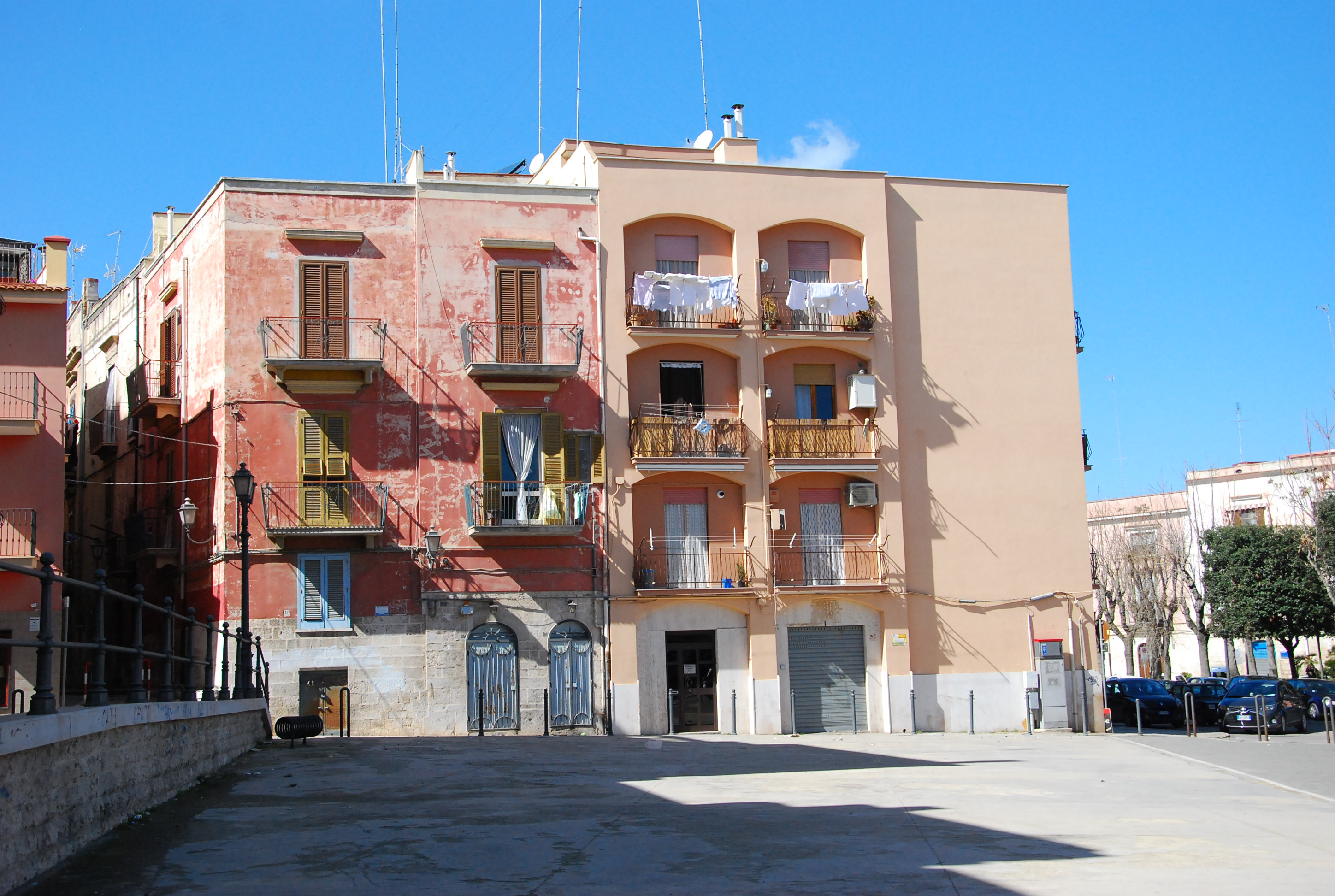How to measure the quality of our model?
Written on November 12th, 2019 by szarki9
In the previous post, I have
described how we can test the existence of the coefficient standing by the
variable. So right now we will assume that relationship connecting these two –
X and Y exists and we will think about how to measure the quality of our simple
linear regression model.
Residual Standard Error
Remember RSS (residual sum of squares)? RSE is given by the formula: (square of RSS divided by n-2) and it is an estimate of the standard deviation of ε (error term) and it is the average (and absolute) amount that the response will deviate from the true regression line. But the determination of whether the RSE is big or not depends on the complexity of the problem statement and the data that we have and what as a whole we examine and only after analysing that we can say whether RSE is large or not.
R² statistics
The first advantage of the R² statistics is that their values belong between 0 and 1, as R² is a proportion of explained variance. The formula for R² statistics is:(TSS-RSS)/TSS , where TSS in the total sum of squares (sum of squares of differences between each Y value and the mean of Y, RSS as above). TSS measures the total variance for Y, so R² measures the proportion of the variability of Y that can be explained using X. Closeness to 1 indicates that a large proportion of the variablity in the response has been explained, and on the contrary 0 means that the linear model might be wrong.
To sum up, the determination of whether the model is well suited for our data might be still a matter of its’ application and we need to look over each case individually as there is no clear and one way to decide it.
szarki9

